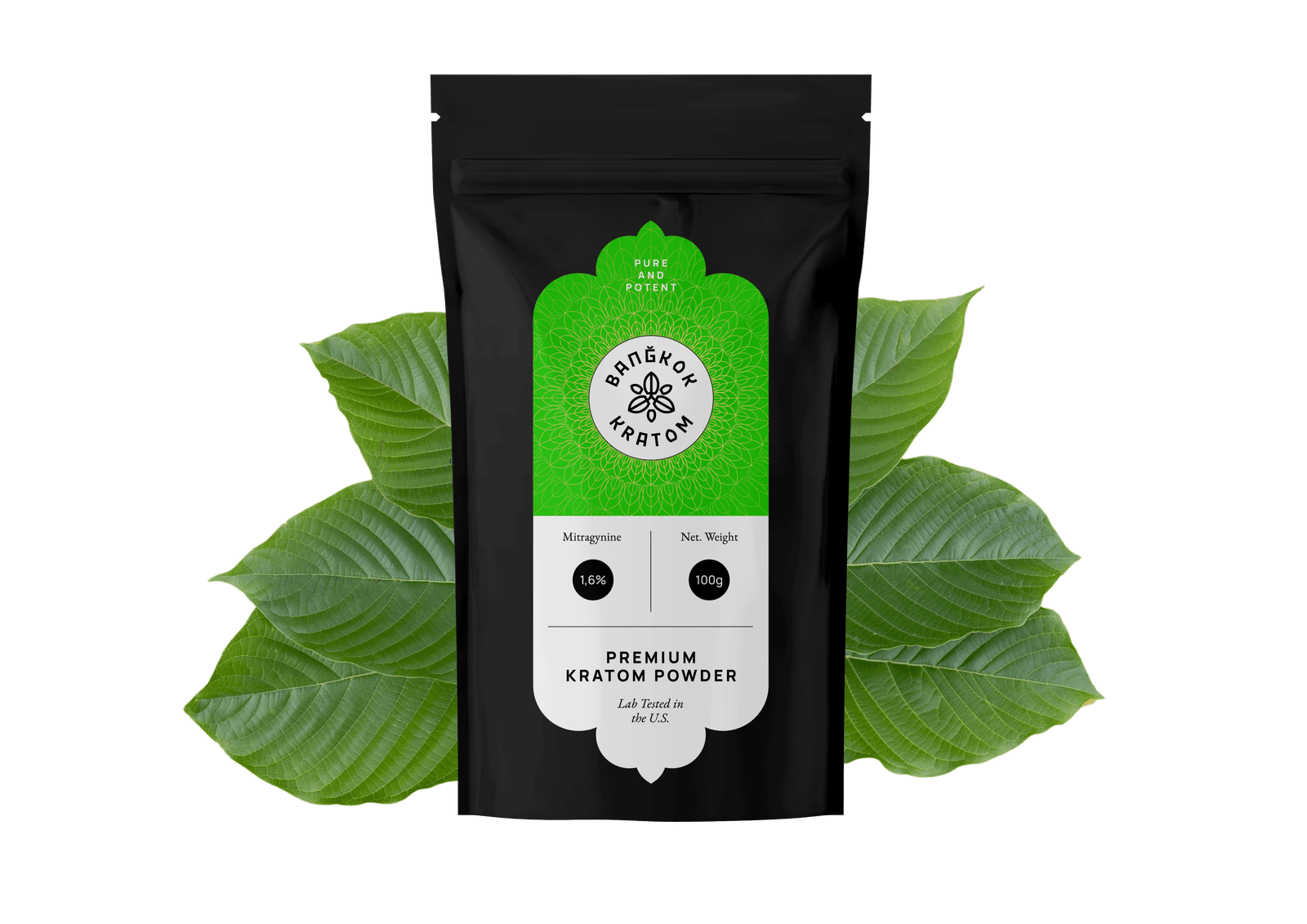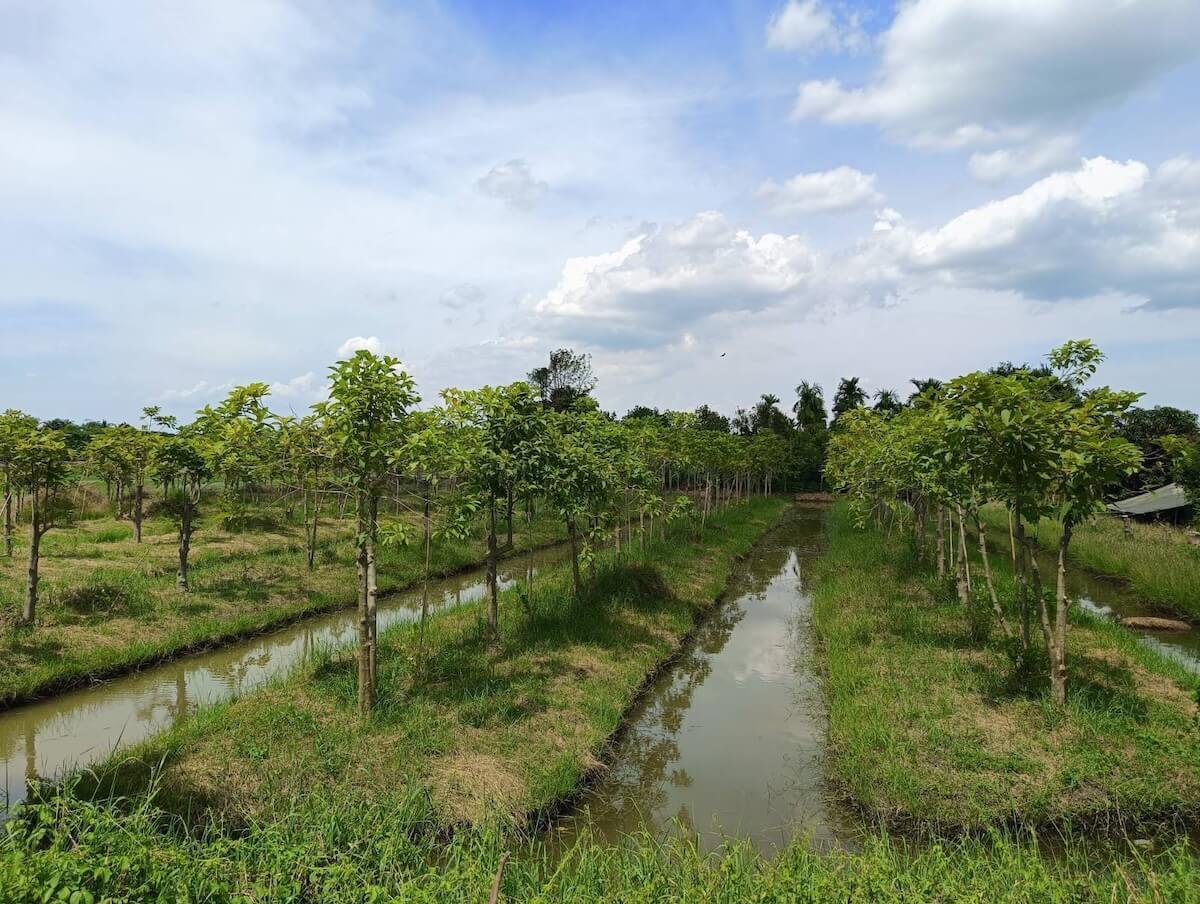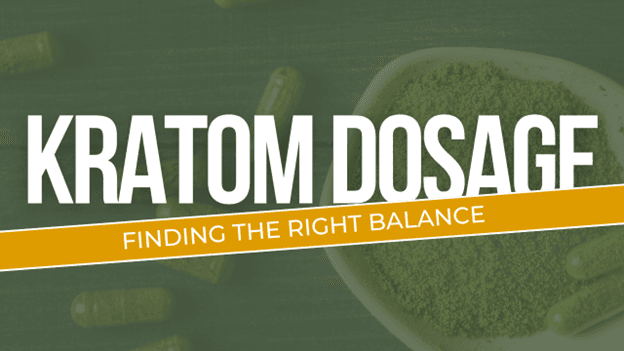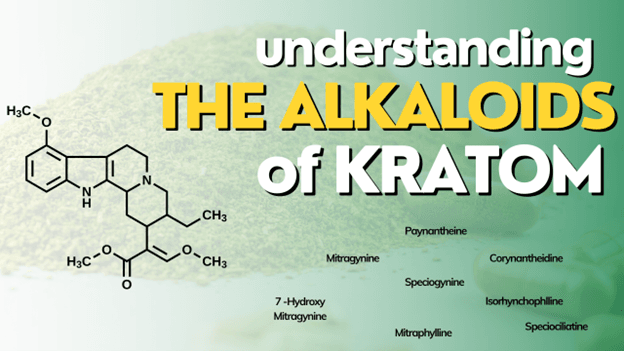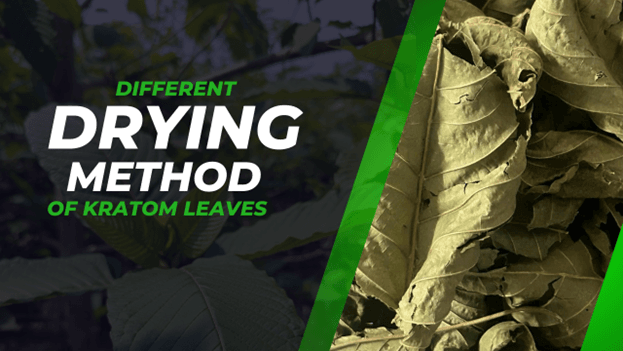LEGAL STATUS
Is kratom legal in Thailand?
Yes, as of August 24, 2021, kratom has been decriminalized in Thailand. It is legal to cultivate, possess, sell, and consume kratom within the country.
Can tourists use kratom in Thailand?
Yes, tourists are allowed to purchase and consume kratom in Thailand. However, they should be aware of the laws regarding kratom in their home countries when returning.
Are there any restrictions on who can buy kratom?
Yes, the sale of kratom is prohibited to minors under 18 years of age, pregnant and breastfeeding women.
I’ve seen people selling kratom drinks all over the place in Thailand. Is it safe to drink?
We do not recommend buying those drinks. They are often mixed with other substances, like cough syrup (which is illegal), and the potency can vary greatly. You just don’t know what’s in there, so it’s always a gamble when purchasing a bottle.
!!!We strongly advise only buying kratom products from vendors who have their products tested by an independent laboratory to ensure safety and quality!!!
Kratom Legalisation in Thailand
Kratom, has been an integral part of Thai traditional medicine for centuries. Known scientifically as Mitragyna speciosa, its leaves have been used for their stimulant and analgesic properties. However, the legal status of kratom in Thailand has undergone significant changes over the years.
Historical Legal Status
In 1943, the Thai government enacted the Kratom Act, which made it illegal to plant new kratom trees. Possession, sale, and consumption were strictly prohibited, with penalties including fines and imprisonment.
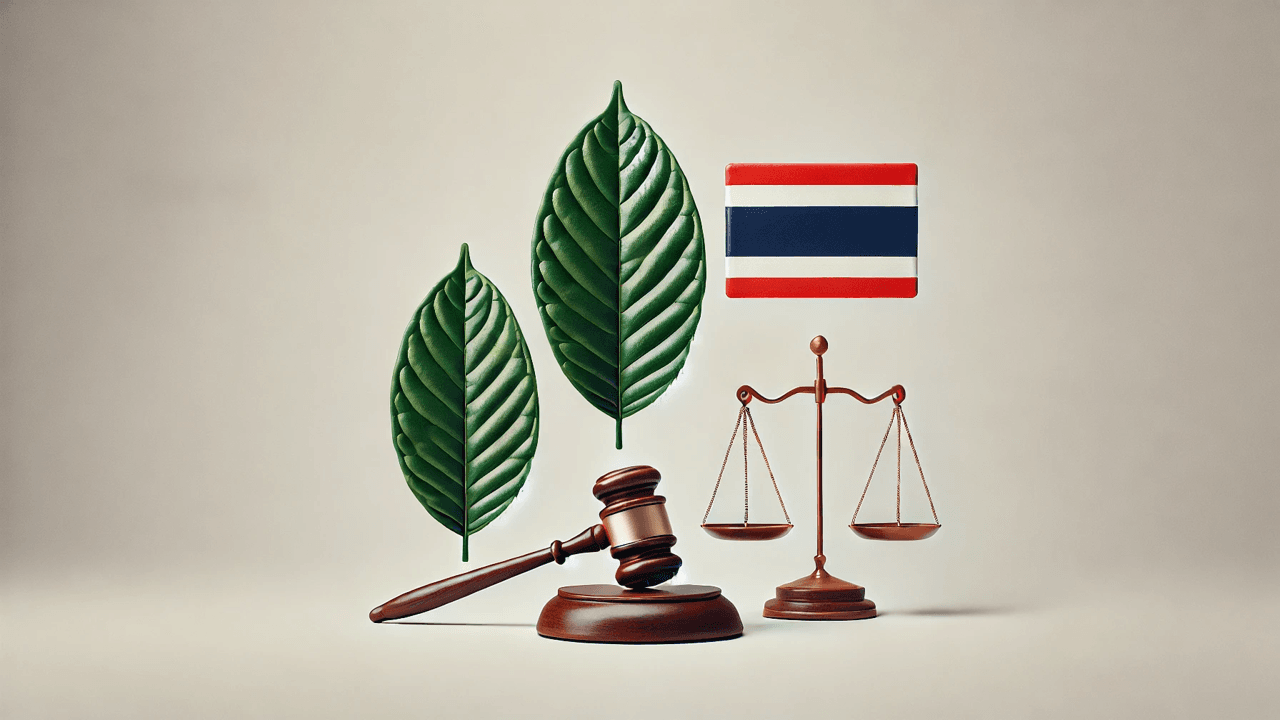
Decriminalization and Legal Reforms
In a landmark move, Thailand decriminalized kratom on August 24, 2021. The government removed it from the list of controlled narcotics, recognizing its medicinal value and traditional use.
Current Regulations
Cultivation and Possession: Individuals are now allowed to cultivate kratom trees and possess kratom leaves without facing legal consequences.
Consumption: Personal use of kratom is legal. The plant is often used to alleviate pain, fatigue, and symptoms of opioid withdrawal.
Commercial Activities: Businesses can legally produce and sell kratom products within Thailand. Export regulations have also been relaxed, opening international markets for Thai kratom.
Restrictions: Despite decriminalization, certain limitations remain. The sale of kratom is prohibited to minors under 18 years of age, pregnant and breastfeeding women.
Public Health and Safety Measures: The Thai government has implemented guidelines to ensure that kratom use does not pose public health risks. These include monitoring the quality of commercial kratom products and conducting research on its effects. Educational campaigns are also underway to inform the public about responsible use.
Economic and Social Impacts: Decriminalizing kratom has had positive economic implications, particularly for rural communities. Farmers can now legally cultivate kratom, providing an additional source of income. The policy shift also aims to reduce the burden on the judicial system by decreasing the number of kratom-related arrests and incarcerations.
Conclusion
Thailand's approach to kratom has evolved from strict prohibition to regulated legalization. By acknowledging the plant's traditional significance and potential benefits, the government seeks to balance public health concerns with economic and social interests. Ongoing research and regulation will play crucial roles in shaping the future of kratom legislation in the country.

